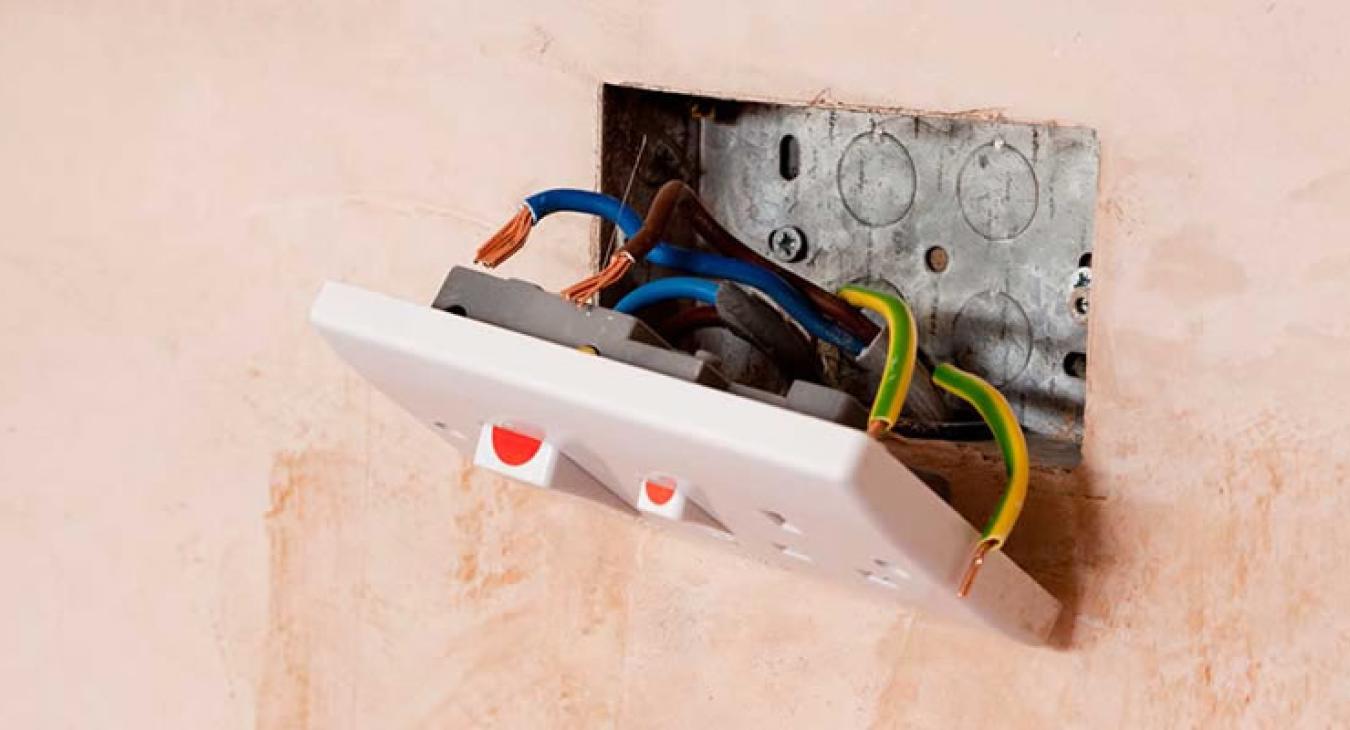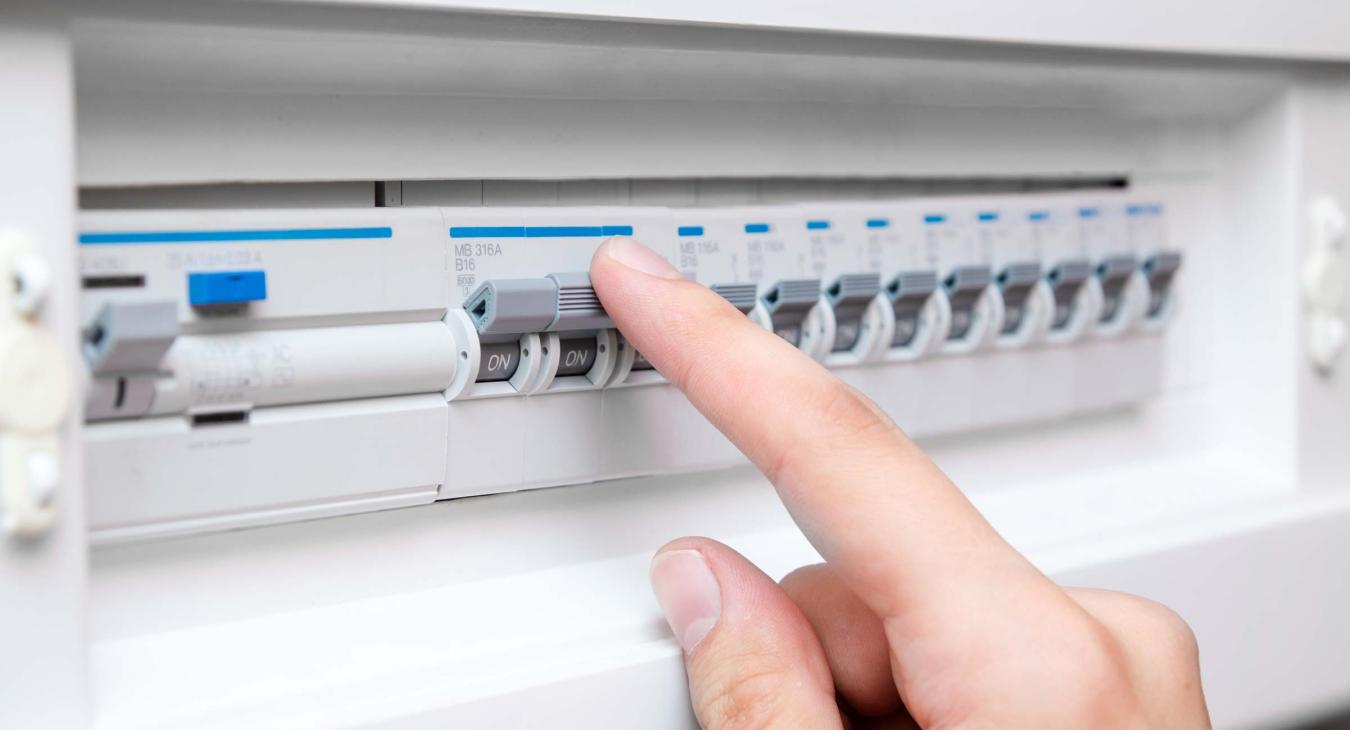When it comes to understanding the intricacies of electrical systems, it's essential to have a grasp of the basic units of measurement. Two common terms you'll frequently hear are watts and amps. Our experienced electricians at West Coast Electrical in Blackpool are here to tell you more about the difference between watts and amps.
What are Watts and Amps?
Watts: Watt is a unit of power, named after the Scottish engineer James Watt. It measures the rate at which energy is consumed or produced. In layman’s terms, watts quantify the amount of work an electrical device can perform or the amount of energy it uses. In electrical systems, watts determine the power output or consumption of a device.
Amps: Amp, short for ampere, is the unit of electric current. It measures the flow of electric charge through a conductor, such as a wire. Amps indicate the rate at which electrons move through a circuit. In other words, it quantifies the amount of electrical current flowing through a particular point in the circuit.
The Relationship between Watts and Amps
It is crucial to know the differences between watts and amps. While they measure different aspects of electrical systems, they are closely interrelated.
Power (in watts) = Current (in amps) × Voltage (in volts)
This equation, known as Joule's Law, illustrates how watts, amps, and volts are linked. It shows that the power of an electrical system depends on both the current flowing through it and the voltage applied.
The differences between watts and amps.
1. Measurement Type:
Watts measure power, which represents the rate at which energy is consumed or produced. Whereas amps measure electric current, which is the flow of electric charge.
2. Components Measured:
Watts quantify the power used or produced by an electrical device, while amps measure the intensity of the electric current flowing through a conductor.
3. Impact on Electricity Bills:
Watts play a vital role in determining electricity consumption. Higher wattage devices consume more power and consequently lead to higher electricity bills at your Blackpool home. Amps, on the other hand, are a measure of current flow and do not directly affect electricity costs.
4. Electrical Safety:
While amps measure the current, it is the watts that determine the potential hazards associated with an electrical system. High wattage devices generate more heat and have a higher risk of overloading circuits, posing potential fire hazards.
Understanding the difference between watts and amps is crucial for electricians. Watts measure power consumption or production, while amps quantify the intensity of electric current. By grasping these concepts, you can make informed decisions about electrical devices, safety precautions, and energy usage. Whether you're an electrician or a homeowner, this knowledge will help you to optimise electrical efficiency and promote safety in your everyday life.
If you have any electrical concerns in Blackpool or surrounding areas please do get in touch with us at West Coast Electrical.














